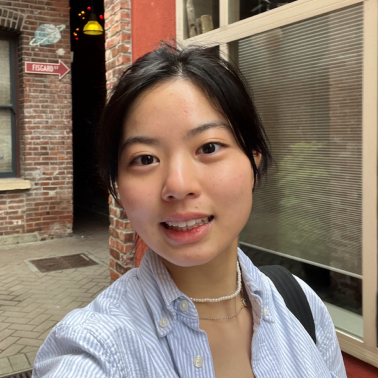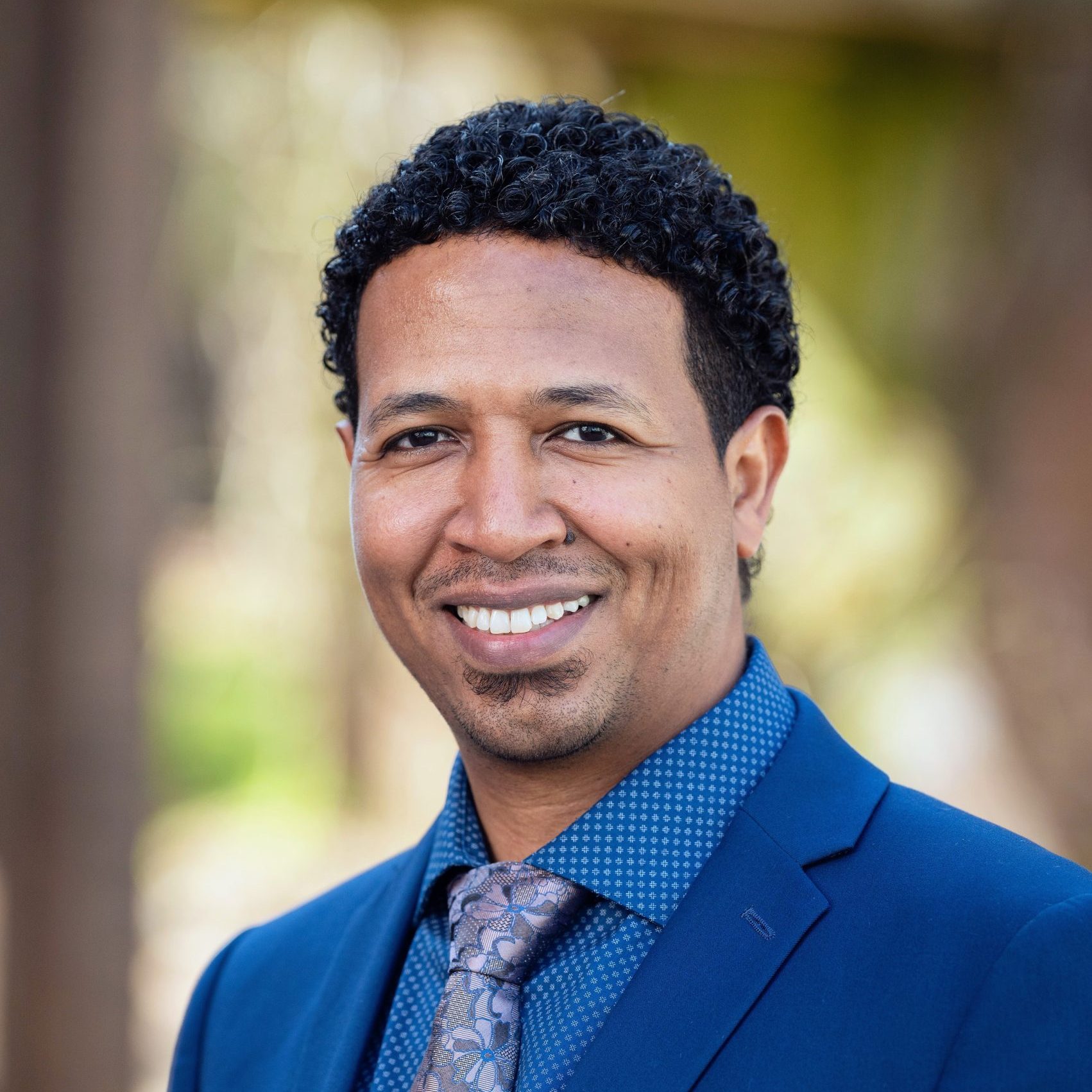International Day of Women and Girls in Science
February 11, 2025 – The United Nations declared February 11 as the International Day of Women and Girls in Science, recognizing the need to bring diverse perspectives, fresh talent and creativity to the field. Since that original declaration in 2013, there is still a ways to go to achieve gender parity in science, technology, engineering and math.
In LFS, we want to highlight a few students who took some time out to share why they are passionate about science and how they knew science was the field for them.

Emiko Araki, Undergraduate student in Food and Resource Economics
“Science excites me because it not only explains these economic mechanisms but also equips us to address global challenges like climate change, food security, and economic inequality through innovative, evidence-based solutions.”

Maya Bodnar, PhD student in Applied Animal Biology
“I am especially drawn to science as it encourages us to rethink how we do things and find better, more ethical approaches. For me, that’s led to a passion for animal welfare and how we can improve the lives of animals used in science. It never ceases to amaze me how much we (might) know about the natural world, and even more so, how much more there is to discover.”

Mahshid (Michelle) Heydarirad, Undergraduate student in Applied Biology
“I believe the thing that most excites me and keeps me intrigued about science is the fields’ ability to constantly be evolving. There is always a world of unknown and things that have yet to be discovered and I think this allows those lucky enough to be in this field to constantly be searching for new and innovative ideas to keep up with science.”

Gulbahar Mammetgurbanova, Undergraduate student in Global Resource Systems
“Science not only helps us understand how things work, both in the present and the past, but also equips us with the tools to predict how they might function in the future. What fascinates me even more is how science connects humanity, uniting us in the pursuit of knowledge and a shared understanding of the world.”

Stella Chimwemwe Mapemba, PhD student in Integrated Studies in Land & Food Systems
“Attending science and biology classes allowed me to see how science is applied in the real world to improve health, enhance food productivity, and solve significant issues. Learning about how early scientists conducted experiments to address real-life problems, such as the discoveries of scurvy and kwashiorkor, sparked my curiosity and deepened my desire to study science.”

Shaina Alize Sequeira, Undergraduate student in Food, Nutrition and Health
“Since middle school, I’d always been drawn towards science—something about the empirical explanations it demanded just clicked with my inquisitive mind. It wasn’t until I reached the 12th grade and started applying to university that I realised these two worlds of knowledge that I was so passionate about actually had more in common than I thought — and were combined into a discipline called Food Science! Nothing has felt more like my true calling.”
Tagged with: 2025, Applied Animal Biology, Applied Biology, Equity Diversity Inclusion and Indigeneity, Food and Resource Economics, Food Nutrition and Health, Global Resource Systems, Integrated Studies, Women and Girls in Science









